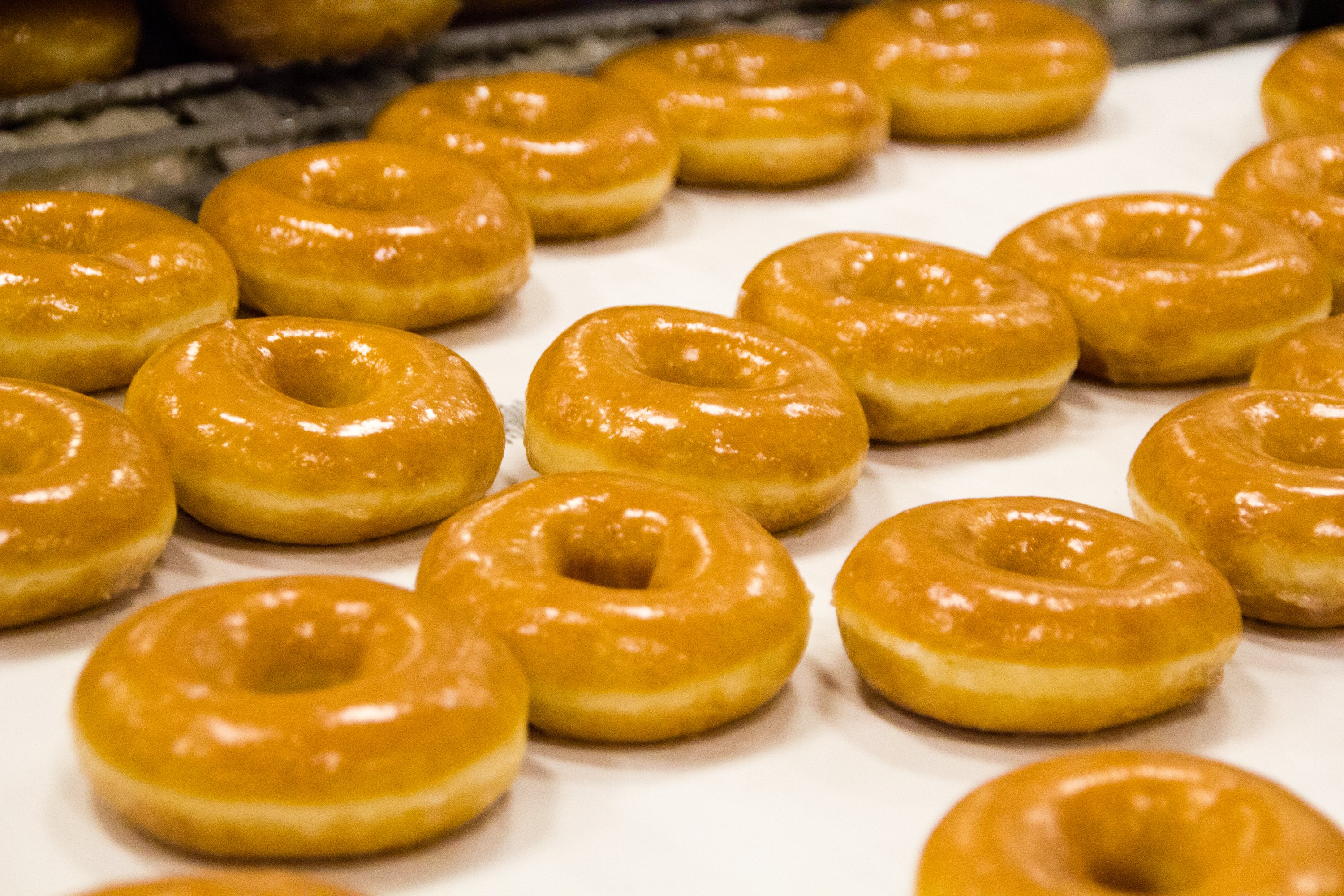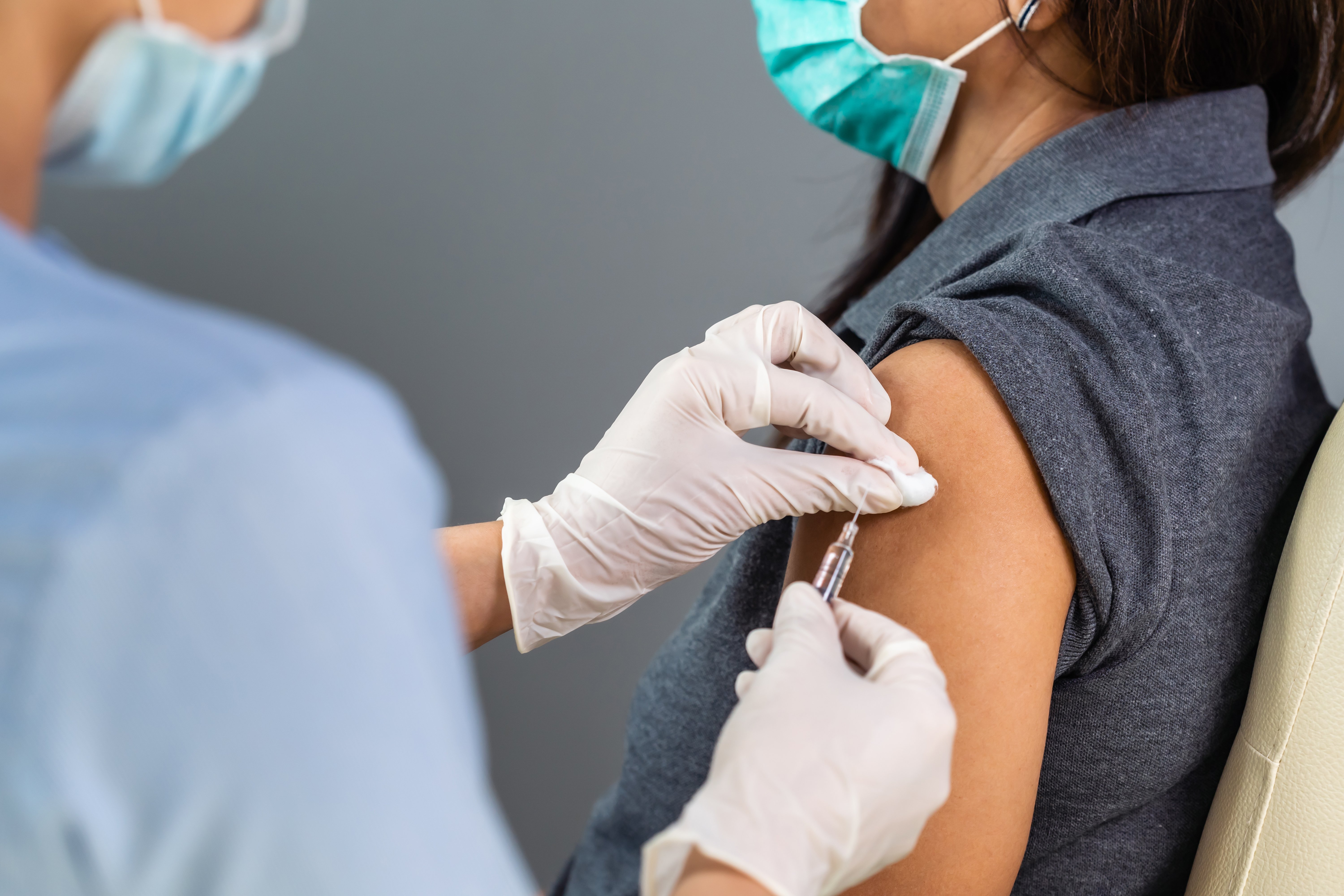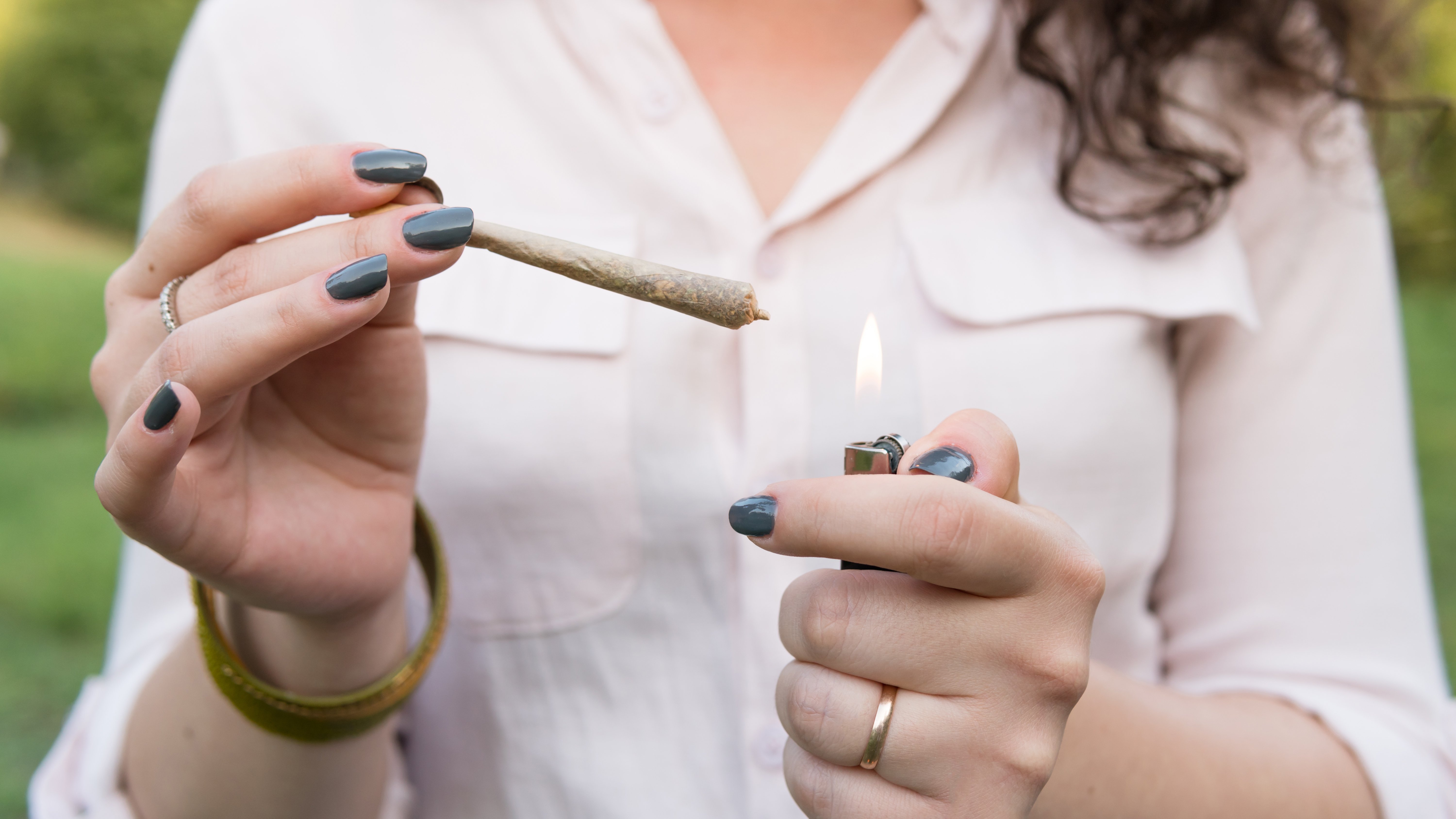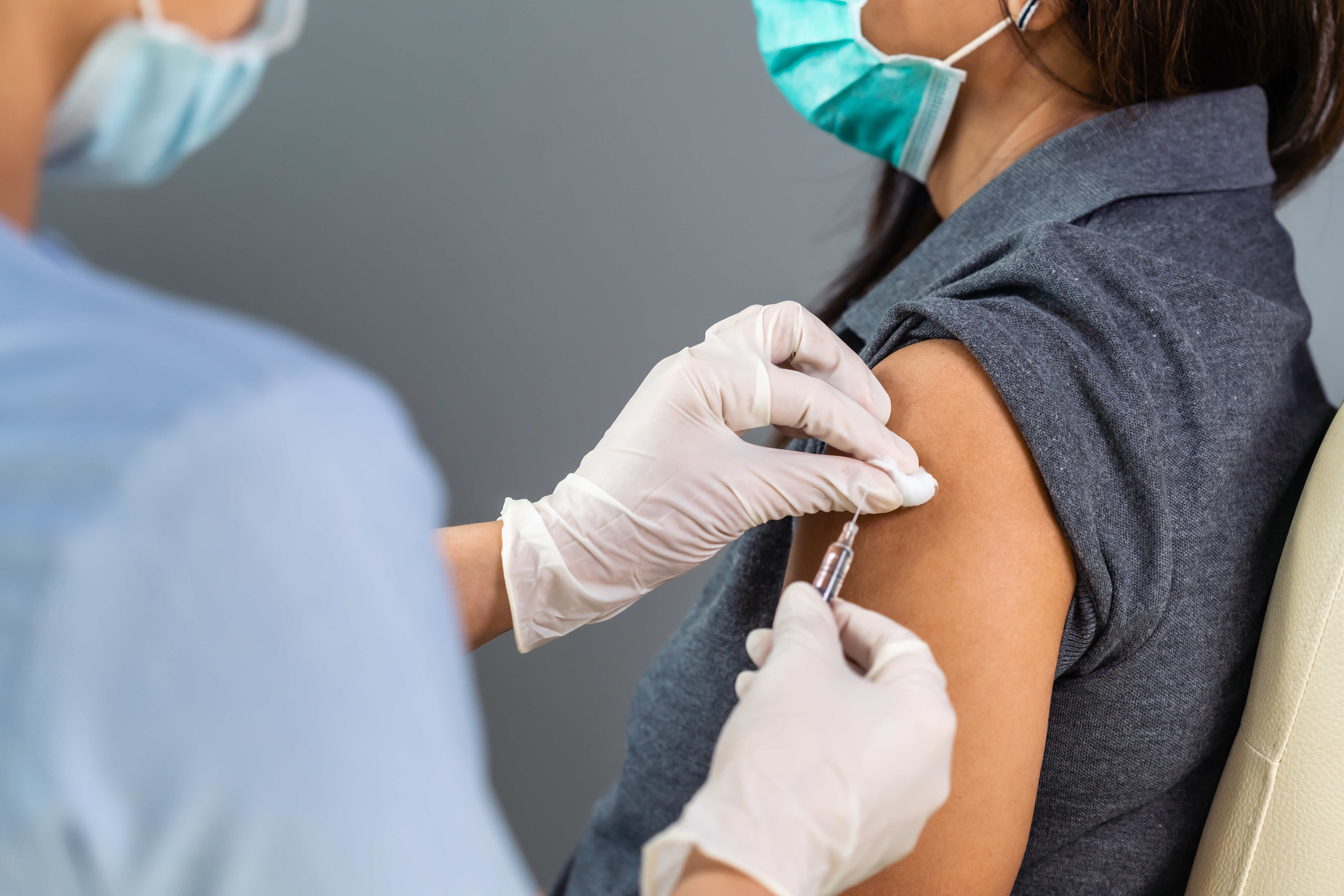A couple of weeks ago, we talked about post-pandemic marketing efforts, noting that companies are shifting the ways they talk to consumers as vaccination swings into overdrive. As we observed then, new ads built around perseverance (and oftentimes around sex) appear every day, as marketing tones necessarily shift.
While our recent discussion was around print and video advertisements, today we are looking at a concurrent marketing phenomenon, the vaccination promotion, in which companies offer incentives to customers who can prove they have been vaccinated. This is meant to simultaneously encourage mass vaccination, marshal post-lockdown foot traffic, and, of course, crack into the news cycle with some self-promotion.
So, today we are putting in the marketing and advertising market research to consider what may well be a new phase in pandemic advertising. How do companies ensure they do not appear opportunistic or disrespectful as they work to incentivize vaccination and stay top of mind for vaccinated individuals?
We believe there are three answers to this question: context, common sense, and market research.
Donuts, Points, and Joints: The Era of Vaccine Giveaways Is Upon Us

As Krispy Kreme announced earlier this week, starting at the beginning of April, customers who have received at least one vaccination injection (regardless of manufacturer) can present their CDC vaccination cards in any Krispy Kreme to receive one free Original Glazed Donut.
Plus, they can do this every single day through the end of the year. Yup, that’s a lot of free donuts (my mother has already been alerted and will be reporting from the frontlines on Monday!).
As their CMO said in the company’s press release, "We all want to get COVID-19 behind us as fast as possible and we want to support everyone doing their part to make the country safe by getting vaccinated as soon as the vaccine is available to them.”
The promotion already worked before it began, getting picked up by business publications across the country and trickling into social media feeds (though it may be getting more complicated than that). To what extent is their campaign in the name of public good, and to what extent it is in the name of getting their name out there? Well, that’s a conversation for down the line.
Meanwhile, Drop, the e-commerce rewards site, has offered $50 in points to customers who use the hashtag #DropCovid with a vaccination selfie. We are not arbitrators of ethics here (only of taste) but, from where we sit, this type of promotion falls more on the self-serving side. Consider that this is an entirely online platform, offering points for online purchases from online retailers.
This is not a sector that was impacted by the pandemic. If anything, it is one that was helped by the massive retreat to online shopping that lockdown inspired.
In a way, the post-pandemic era is brick & mortar’s time to shine, and Drop seems to be reasserting itself. Essentially luring consumers to keep their purchases online even as vaccinations unleash them into the streets.
This is what we mean by context—the type of promotion and the companies offering it have a lot to do with how it will be received. We are rightly scrunching our nose at Drop because, contextually, this isn’t about vaccination, celebration, and recovery…it’s about retention.

Market Research: Commercial Criticisms and Counterpoints
Krispy Kreme’s promotion feels a bit more legitimate to us, but not to everybody paying attention.
Consider Telemedicine pioneer Dr. Eugene Gu, who sees a lot of holes in Krispy Kreme’s proposition.
“Krispy Kreme offering free doughnuts for getting vaccinated is like Marlboro offering free cigarettes for getting a flu shot,” he said. “We have an obesity epidemic in this country that is killing us. Corporations that ride the COVID-19 vaccine as a marketing ploy for junk food [are] terrible.”
OK, point taken, doc. But let’s set health and nutrition aside for a second. Krispy Kreme did not rise to the top by being concerned about the nation’s BMI—they sell deep-fried dough covered in sugar.
The more important question, at least for this market research blog, then is this: Will a marketing strategy built around pandemic recovery resonate with people or appear disingenuously opportunistic?
Brand leadership consultant Denise Lee Yohn believes that, by and large, the latter is likelier to be true than the former.
“Brands may gain exposure from whatever buzz they may create from their promotions,” she said. “But they risk being perceived as opportunist or even exploitative, and they are unlikely to see any lasting lift in business.”
She does have a point. Who can say how long people will even remember Krispy Kreme’s free vaccine donuts, much less take advantage of them? We certainly can’t.

“Brands that run these campaigns are favoring short-term news making over long-term brand-building.”
We agree with the spirit of her criticism but reject her dichotomy—it’s not a choice of short-term news making or long-term brand building when long-term brand building has been the name of the game since the pandemic started. All those sappy and shmaltzy commercials about being in this together and enduring together were entirely about long-term brand building.
The advertising of the last year has had nothing to do with promotions or cracking into the news cycle; advertisers have been cultivating good will through anodyne and saccharine campaigns for a year now. It’s time to find some middle ground and, well, have some fun.
There is also the concern among some public health officials that such promotions feed into the idea that, as a nation, we’ve rounded a corner and that we can all begin to let up our guard. The recent spring break chaos in Miami illustrates the danger of such a cavalier attitude, though we are not really sure people need corporate promotions or permission to party.
Either way, Krispy Kreme seems unbothered by these naysayers, and think they are really onto something resembling social corporate responsibility. Their CMO Dave Skena sees the promotion as a win-win situation for public health and marketing.
“Marketers like me have the opportunity to do something to reach a broader audience in a way that is maybe somewhat commercial but also is just a good thing to do,” he said. “This is one of those situations where we’d love to be copied over and over again.”

Independent Restaurants, Dispensaries, and Authenticity
But for some business types, in-store promotions for proof of vaccination are a no-brainer. Consider Oak and Reel, a local Italian seafood restaurant in Detroit, which currently offers 50% off the entire menu for diners who can show they have been vaccinated. For a local business that has struggled through the pandemic due to dining room closures, these promotions make perfect sense.
Think about it: Once it is safe for an individual to return to in-house dining, independent restaurants need to get them in the door. We have discussed the consumer energy a lot of people have stored up throughout the pandemic. Any kind of promotion that gets those diners with their saved-up energy and money in your restaurant spending must be considered.
At least that’s the way that Oak and Reel’s chef and owner, Jared Gadbaw, sees it.
“We wanted to create a promotion to celebrate the one thing that will allow us to get back to the business we love,” he said.
It’s that last part that rings especially true—that mass vaccination is the “one thing” that will get them back to work. They are a dine-in seafood restaurant, not a drive through, and until people are vaccinated, until the vaccinated people return to restaurants, Oak and Reel (and most other independent restaurants) remains in limbo.
This isn’t opportunistic self-promotion - it’s survival. Mass vaccination means progress towards normalcy. Normalcy, for restaurants at least, is like food—can’t live without it.

And then there is the Greenhouse, a Michigan-area cannabis dispensary, which is offering “Pot for Shots” wherein customers with proof of vaccination receive one free pre-rolled cannabis joint. According to owner/operator Jerry Millen, roughly 20% of his current customers have taken advantage of the promotion, which has already landed him national news coverage on CNN and NBC.
These are the kinds of promotions that we believe will best resonate moving forward. Ones where the context makes sense, where the promotion is as much about a businesses’ recovery as it is about the public’s and the economy’s.
And, of course, the only way to understand if a campaign’s context will make sense is through market research.


